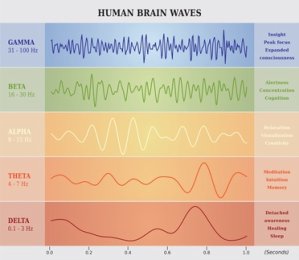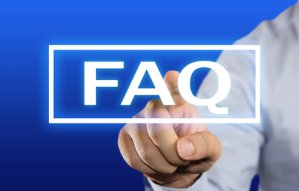About melatonin
 Melatonin is a hormone and neurotransmitter that is produced naturally in the pineal gland from the amino acid tryptophan. This is done in a step-wise process in which tryptophan is converted into 5-hydroxy tryptophan (5-HTP) which is converted to serotonin and then to melatonin. It happens after some time in the dark. Between the 2 a.m. and 3 a.m. is the body's melatonin production peaks. However, there is an immediate conversion of melatonin to serotonin in the brain, if the eye gets a certain amount of light - for example, if you turn on the light at night to go to the bathroom. It takes some time after the light has been turned off before the brain's melatonin level is returned to normal.
Melatonin is a hormone and neurotransmitter that is produced naturally in the pineal gland from the amino acid tryptophan. This is done in a step-wise process in which tryptophan is converted into 5-hydroxy tryptophan (5-HTP) which is converted to serotonin and then to melatonin. It happens after some time in the dark. Between the 2 a.m. and 3 a.m. is the body's melatonin production peaks. However, there is an immediate conversion of melatonin to serotonin in the brain, if the eye gets a certain amount of light - for example, if you turn on the light at night to go to the bathroom. It takes some time after the light has been turned off before the brain's melatonin level is returned to normal.
Melatonin regulates the body's circadian rhythm, which is why supplementation can time-shift "the brain's internal clock."
Melatonin induces drowsiness
Fatigue is your body’s way of expressing that it needs to rest. Technically, you can experience fatigue any time of the day, but the normal thing is to feel tired late in the evening. This is no coincidence. When night falls, your body secretes a hormone called melatonin. Produced in the brain in a small pea-sized gland called the “pineal gland”, melatonin induces a sense of drowsiness that makes you feel like settling down for the night. This pattern repeats itself on a daily basis.




 Usually sleepers undergo five sleep stages 1, 2, 3, 4 and REM (Rapid Eye Movements). These stages are cyclic, beginning from stage 1 to REM, and then again with phase 1. A complete sleep cycle takes an average of 90 to 110 minutes. The night's first sleep cycle has a relatively short REM period and a longer period of deep sleep, but later that night the REM sleep is extended and the deep sleep period is shortened.
Usually sleepers undergo five sleep stages 1, 2, 3, 4 and REM (Rapid Eye Movements). These stages are cyclic, beginning from stage 1 to REM, and then again with phase 1. A complete sleep cycle takes an average of 90 to 110 minutes. The night's first sleep cycle has a relatively short REM period and a longer period of deep sleep, but later that night the REM sleep is extended and the deep sleep period is shortened. Melatonin, a natural substance that gets produced in the human brain at night, is now available over-the-counter. This is great news to people who suffer from recurrent insomnia or individuals who do cross-Atlantic travelling all the time and tend to get jetlag.
Melatonin, a natural substance that gets produced in the human brain at night, is now available over-the-counter. This is great news to people who suffer from recurrent insomnia or individuals who do cross-Atlantic travelling all the time and tend to get jetlag. What is melatonin?
What is melatonin? At night, when it is dark out, most of us start feeling tired. We climb into bed and have absolutely no trouble falling asleep. Not everyone is that lucky, however, and surprisingly many people rely on sleeping medicine, but these drugs only make you drowsy and are not really able to produce a restful sleep. A new and better alternative has come up, though: a natural hormone called melatonin. The substance, which is nature's own sleeping remedy, gets produced in the brain in response to nightfall. Basically, what it does is to regulate our 24-hour periodicity - the so-called circadian rhythm (see box).
At night, when it is dark out, most of us start feeling tired. We climb into bed and have absolutely no trouble falling asleep. Not everyone is that lucky, however, and surprisingly many people rely on sleeping medicine, but these drugs only make you drowsy and are not really able to produce a restful sleep. A new and better alternative has come up, though: a natural hormone called melatonin. The substance, which is nature's own sleeping remedy, gets produced in the brain in response to nightfall. Basically, what it does is to regulate our 24-hour periodicity - the so-called circadian rhythm (see box).